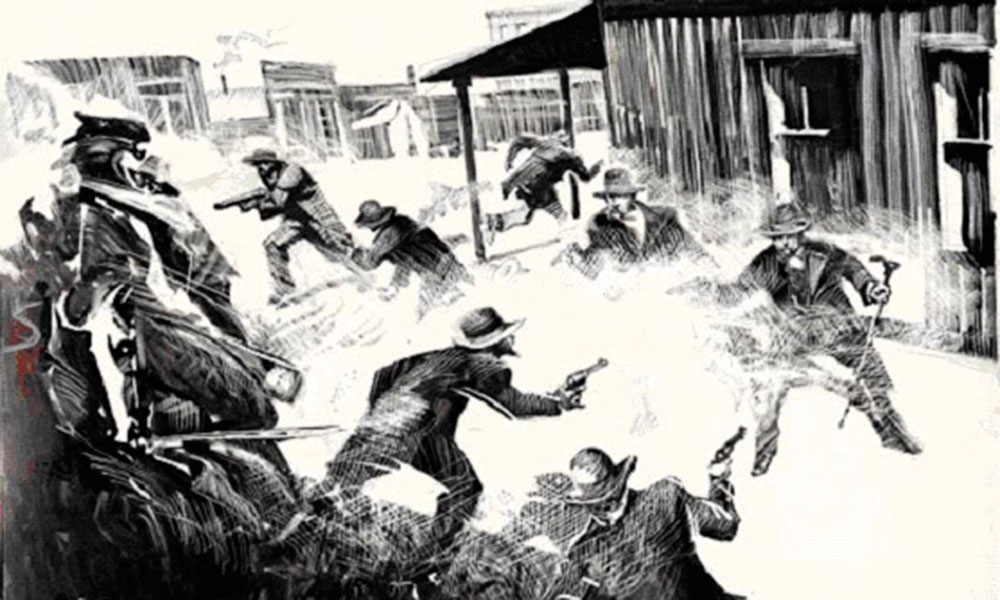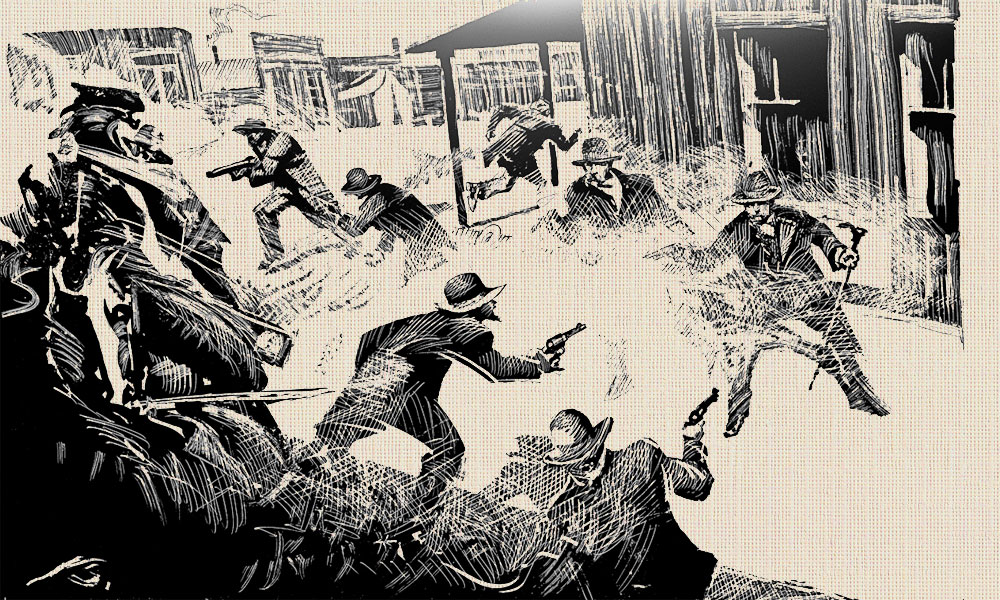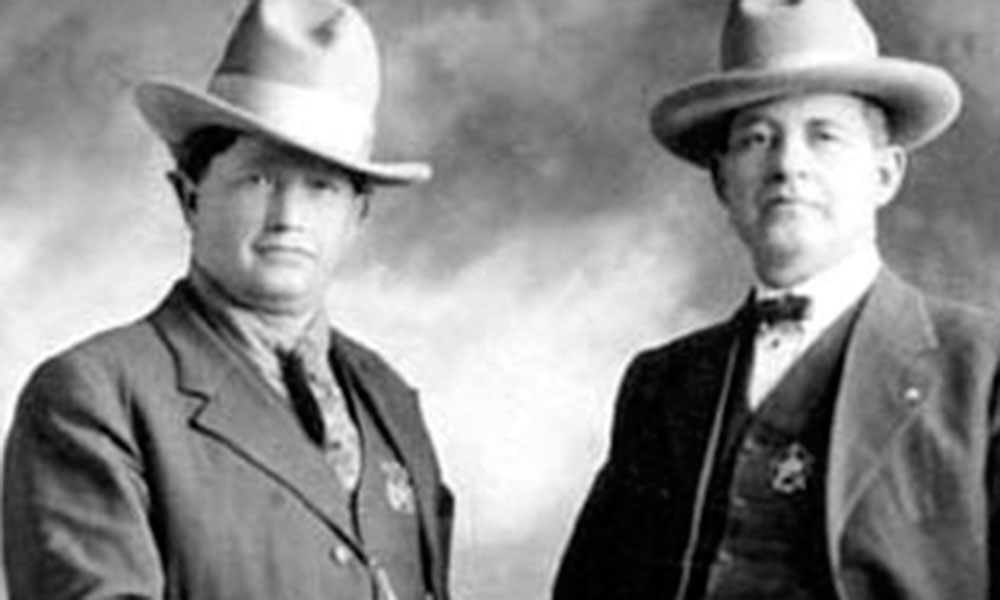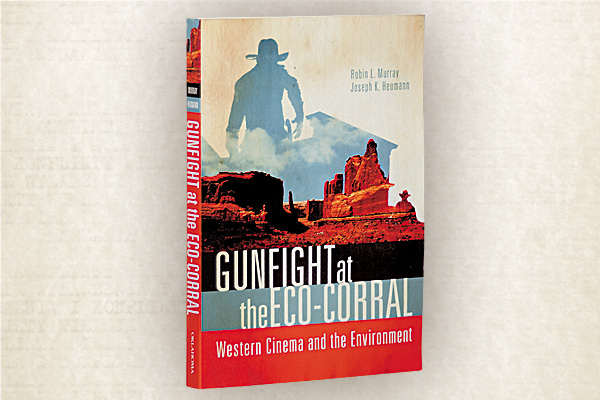
The movies about Tombstone’s Gunfight Behind the OK Corral often end with the “street fight,” and most folks believe the feud, like the film, was over. However, there was more action to follow. Morgan and Virgil had been wounded but Wyatt and Doc spent time behind bars awaiting a hearing.
Judge Wells Spicer concluded the hearings on November 29th 1881, ruling the Earp’s were justified in their actions. Much of the nation’s focus was now on the outlawry in Cochise County. Ike Clanton’s fallacious, uncorrelated testimony did in the prosecution’s case but it also damaged the Earp’s reputation. Most of the debunking today is the result of his twisted tales at the hearings.
The Cowboys lost that round still the rustling and stage robberies continued. President Chester Arthur prevailed upon Congress to enact legislation that would allow the U.S. Army to act as posse comitatus but no action was taken in Washington.
Virgil Earp was ambushed on December 28th and seriously wounded. Ike was seen running away. The Cowboys always produced witnesses that placed their friend’s miles away from the scene of the crime.
There were other threats to Mayor John Clum, Judge Spicer, Wells Fargo agent, Marshall Williams and of course, the Earp’s and Doc Holliday.
Ike continued to dodge the long arm of the law, producing witnesses to testify on his defense and playing for public sympathy.
Judge William Stilwell (no relation to the outlaw) told Wyatt, “…..next time you’d better leave your prisoners out in the brush where alibis don’t count.”
Ike, basking in his dismissal of charges from the shotgun shooting of Virgil, took the offensive and re-opened the case against the Earp’s in Contention City but the judge refused to hear the case unless new evidence was introduced.
A few weeks after that setback, on March 18th Morgan Earp was assassinated in Hatch’s saloon while shooting pool. Knowing he would never find justice in the court system Wyatt decided to call upon the law of the gun.
Wyatt’s next act was in accordance with something that began during the nation’s earliest period when Americans felt that the law was either incapable or unwilling to protect them, they became judge, jury and executioner.
Marshall Trimble is Arizona’s official historian and vice president of the Wild West History Association. His latest book is Arizona Outlaws and Lawmen; The History Press, 2015. If you have a question, write: Ask the Marshall, P.O. Box 8008, Cave Creek, AZ 85327 or email him at marshall.trimble@scottsdalecc.edu.





